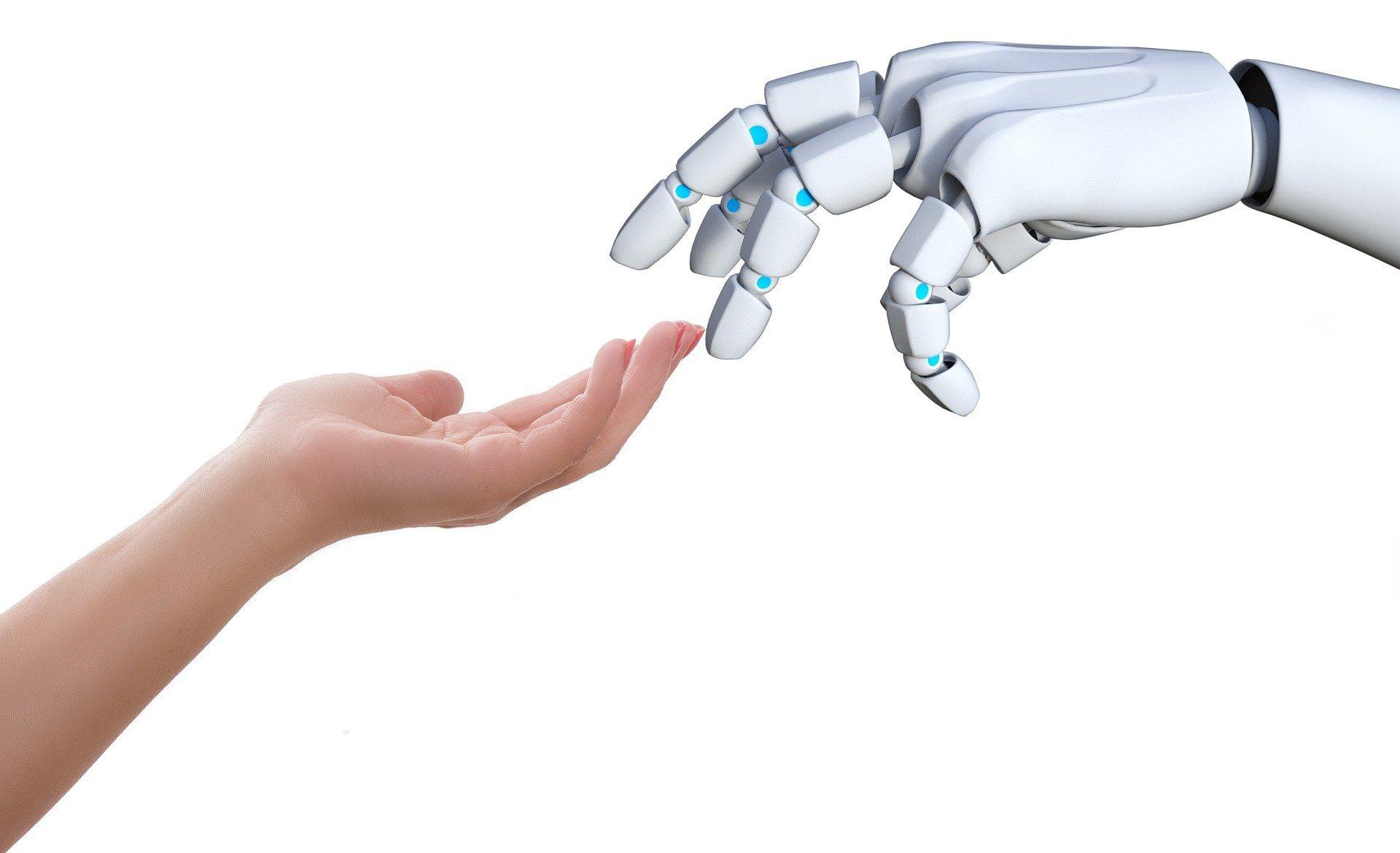Robots could better assess child mental health
A study from the University of Cambridge used a humanoid robot to administer child mental health questionnaires. Research has found that the loss of in-person school due to the COVID-19 pandemic has had a significant impact on the mental health of children and youth. A recent study conducted by a team of researchers at the University of Toronto found that mental health did not improve as the school year resumed.

While all the participants said they enjoyed talking with the robot, the study found that children interacted with the robots differently depending on their level of wellbeing
The researchers found that the loss of in-person school, sports, healthy eating programs, counselling, and learning support had a wide-ranging impact on the mental health of children and youth. The increased time on screens also had a negative impact on mental health, one which has carried over after children return to school. New ways of assessing child mental health, such as the use of robots, are therefore more important than ever.
In recent years, innovation in child mental health has been in the spotlight with anxiety and depression among children on the rise. This trend has been exacerbated by the COVID-19 pandemic, as children have faced unprecedented levels of stress and isolation, as well as a reduction in extracurricular activities. A recent study by the University of Cambridge has found that robots could be a useful addition to traditional methods of mental health assessment for children.
The study, which was conducted with 28 children and a child-sized humanoid robot, found that the robot was able to administer psychological questionnaires to assess the mental wellbeing of the participants. The assessment consisted of a one-to-one 45-minute session with a 60-centimetre robot, which the children would speak and interact with while it carried out the various standardised tests. Sensors were used to track participants’ heartbeat and head and eye movements during the session. The team behind the study believes that this could be a valuable tool in helping to identify and address anxiety and depression among children, especially in light of the fact that resources to address mental wellbeing are severely limited.
While all the participants said they enjoyed talking with the robot, the study found that children interacted with the robots differently depending on their level of wellbeing. Children less likely to be experiencing mental wellbeing-related problems responded more positively to questionnaires when interacting with the robot compared to a traditional online approach. However, children that might be experiencing wellbeing-related concerns rated more negatively in response to the questionnaire, possibly because the robot acted as a safe way to share feelings and experiences.
Katrina Lane / Springwise
Related news
Related news
Spring whirlwind at the 60th anniversary EuroShop trade fair
🎧 Hallgasd a cikket: Lejátszás Szünet Folytatás Leállítás Nyelv: Auto…
Read more >The economic sentiment index deteriorated in the euro area and the EU in February, but improved in Hungary
🎧 Hallgasd a cikket: Lejátszás Szünet Folytatás Leállítás Nyelv: Auto…
Read more >









